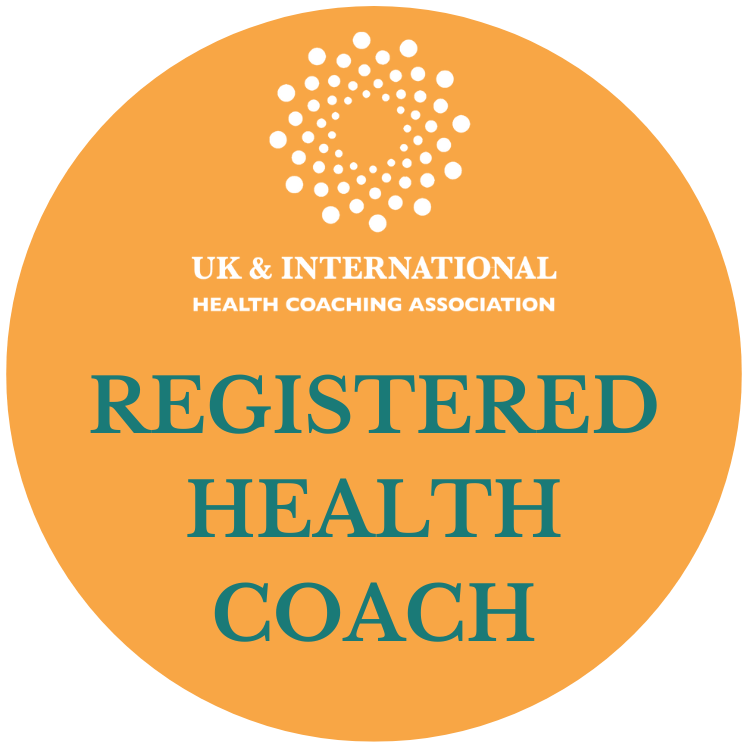If I had to take an average of the advice given to clients around diet and nutrition, it would be summarised as follows:
- ‘Crowd out’ each meal with the ‘good stuff’ (salad or vegetables)
- Adding extra virgin olive oil to salads and vegetables boosts your essential ‘good fats’ intake. Omega-3 is also vital. Most people don’t have enough good fats!
- Balancing the gut’s microbiome has major and far-reaching health benefits (including mental health). Your gut needs probiotics (providing ‘good bacteria’) and prebiotics (to feed your good bacteria).
- Try to eat 30 varieties of plant (any plant!) each week to build a healthy microbiome, e.g. salad items, vegetables, nuts, seeds, herbs. Coffee counts! (but no more than 3 cups per day seems to be the recommendation)
- Make sure you’re eating enough protein AND fibre. Most people don’t have enough! There is strong evidence that eating plenty of fibre is associated with a lower risk of heart disease, stroke, type 2 diabetes and bowel cancer.
- Add seeds to porridge or yoghurt (it’s an easy way to consume them and they provide essential nutrients)
- Avoid ultra-processed foods (like the plague!)
More on protein: https://www.nuffieldhealth.com/article/best-high-protein-foods
More on fibre: https://www.nhs.uk/live-well/eat-well/digestive-health/how-to-get-more-fibre-into-your-diet/
More on fats: https://www.healthline.com/nutrition/10-super-healthy-high-fat-foods
More on ultra-processed foods: https://www.bhf.org.uk/informationsupport/heart-matters-magazine/news/behind-the-headlines/ultra-processed-foods
More on probiotics: https://www.verywellhealth.com/probiotic-foods-7970825
More on prebiotics: https://www.healthline.com/nutrition/19-best-prebiotic-foods
NOTE: Everyone is different and so health coaches must start by understanding an individual’s detailed health case history so that they are in a position to provide tailored advice. However, the above applies to the average adult with no specific problems that need to be worked around.






